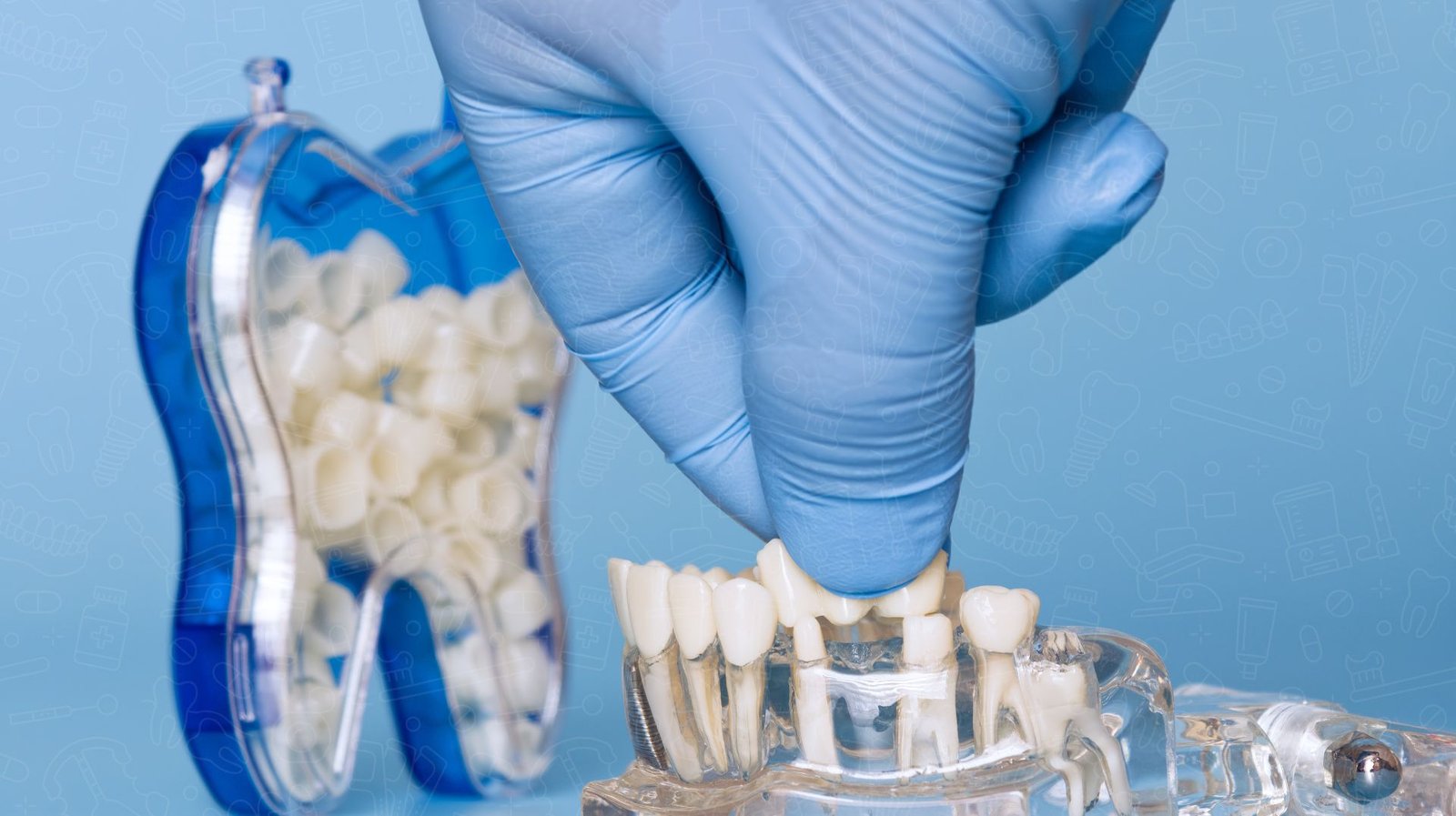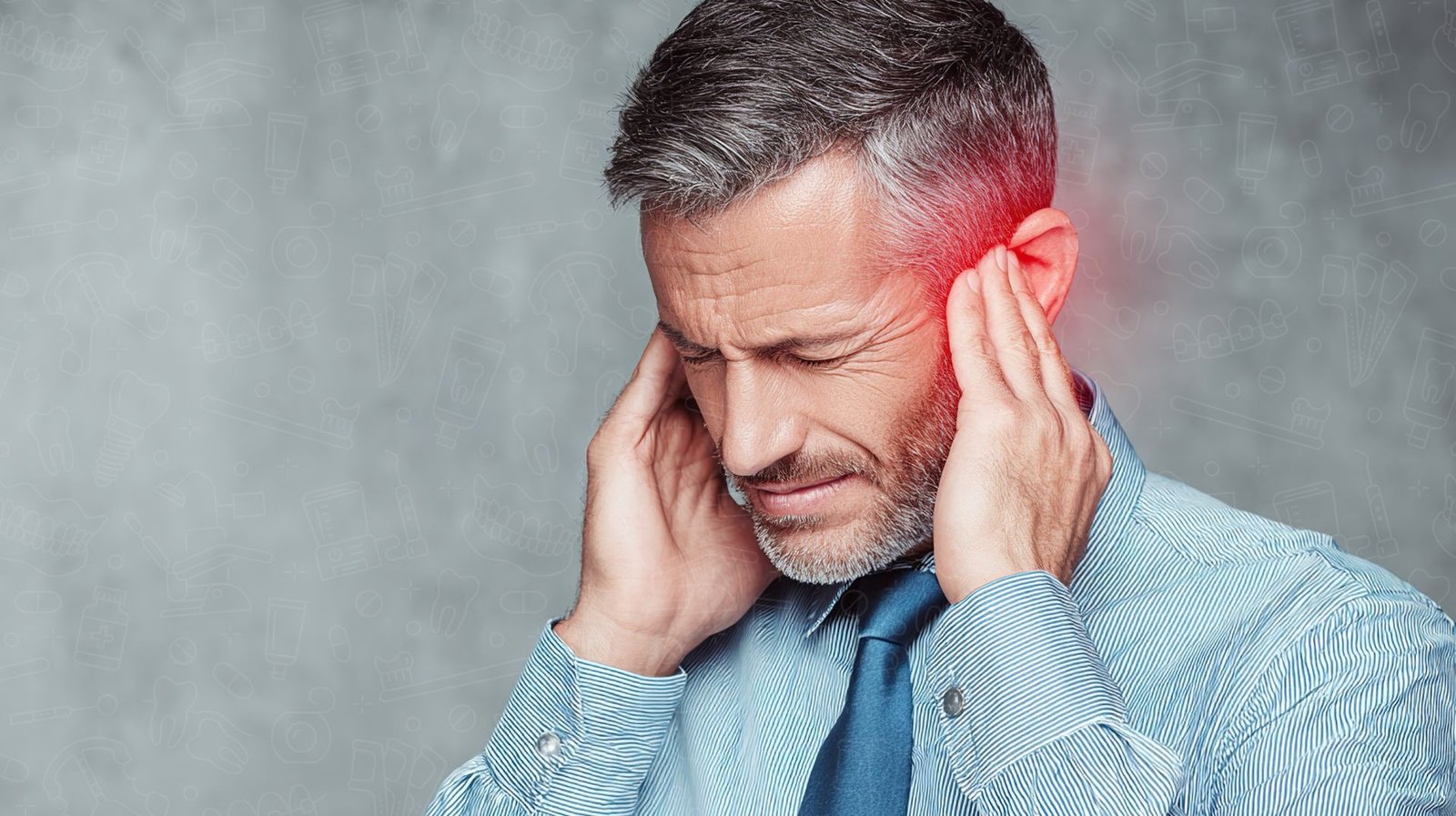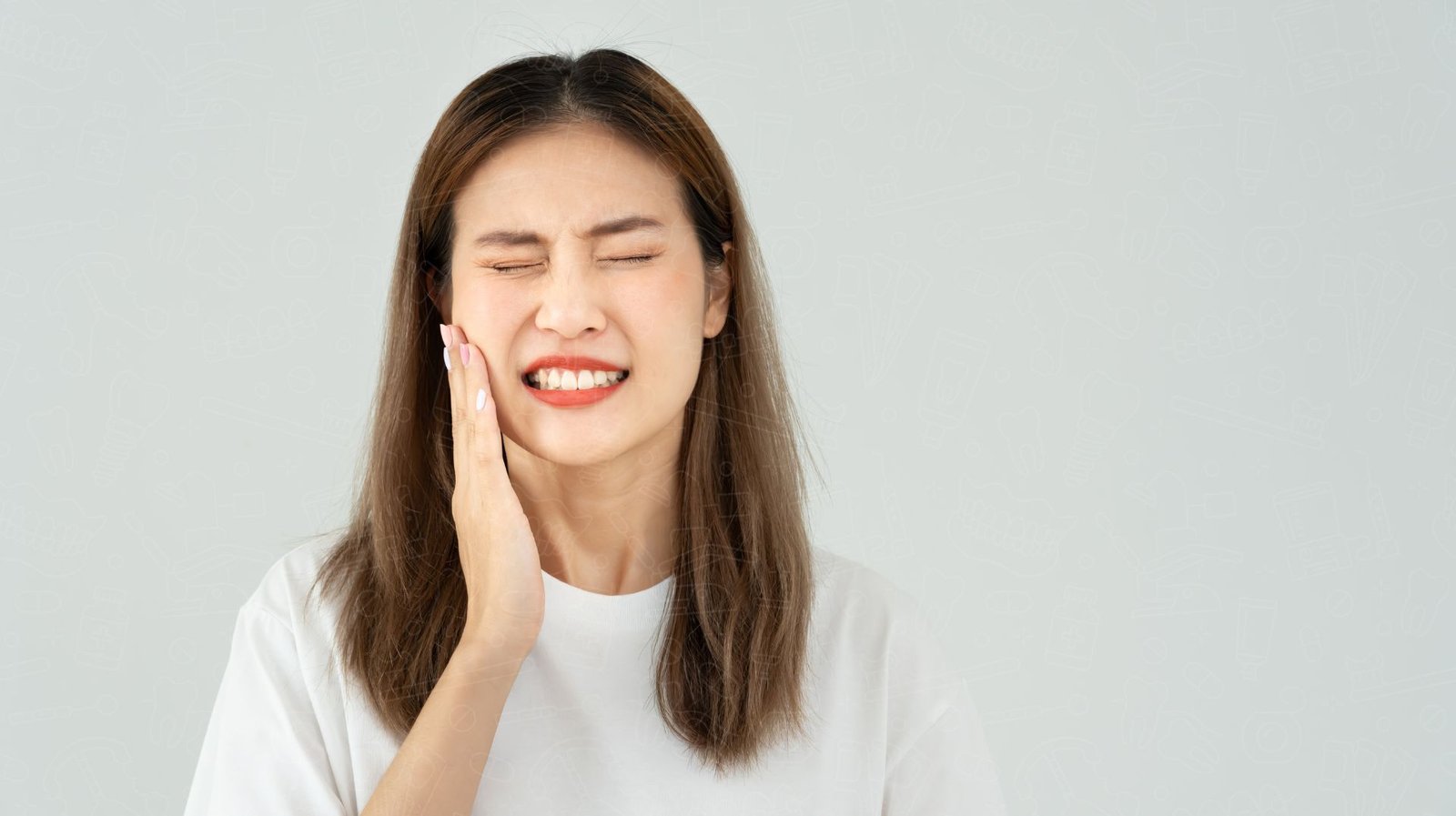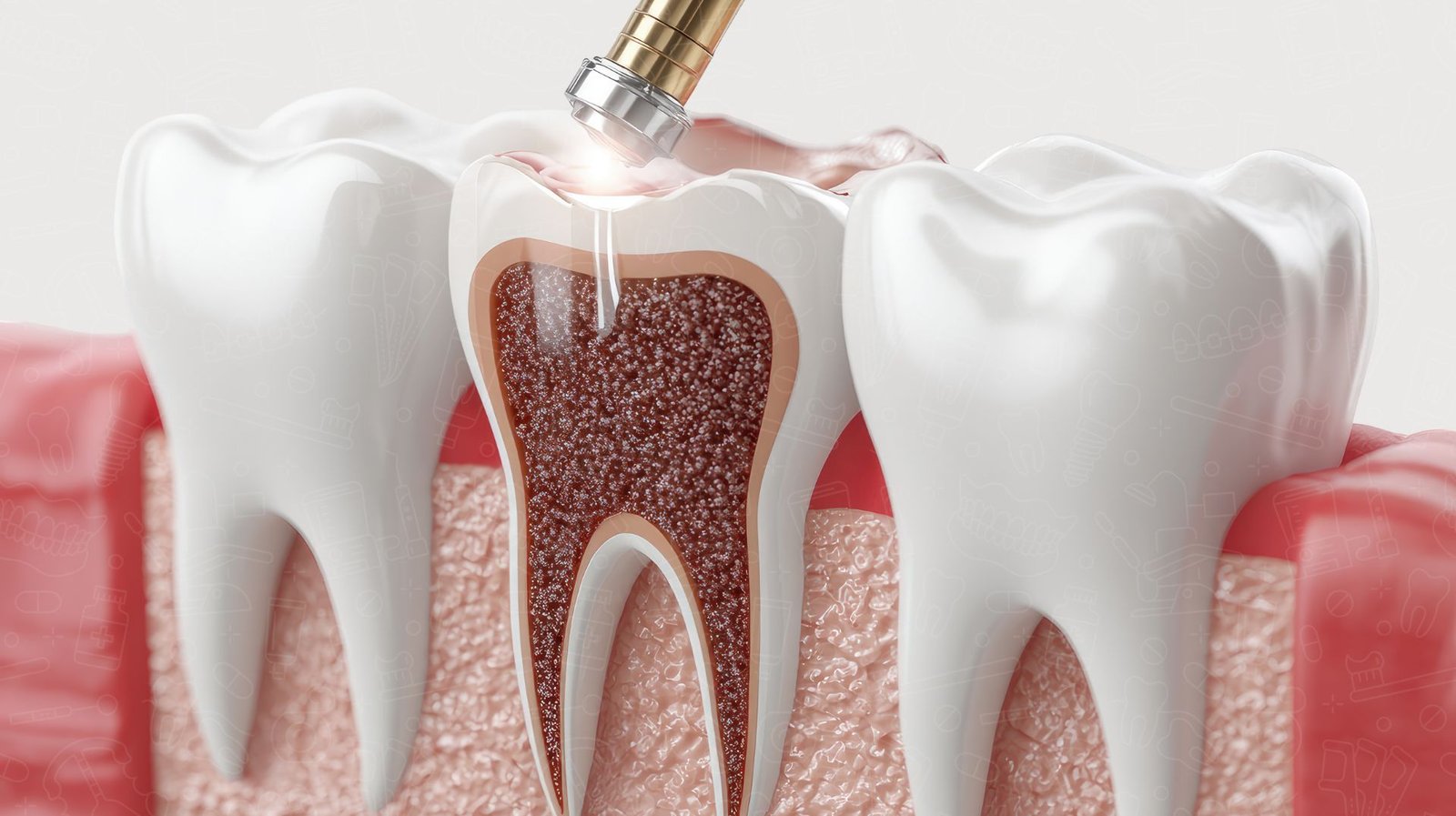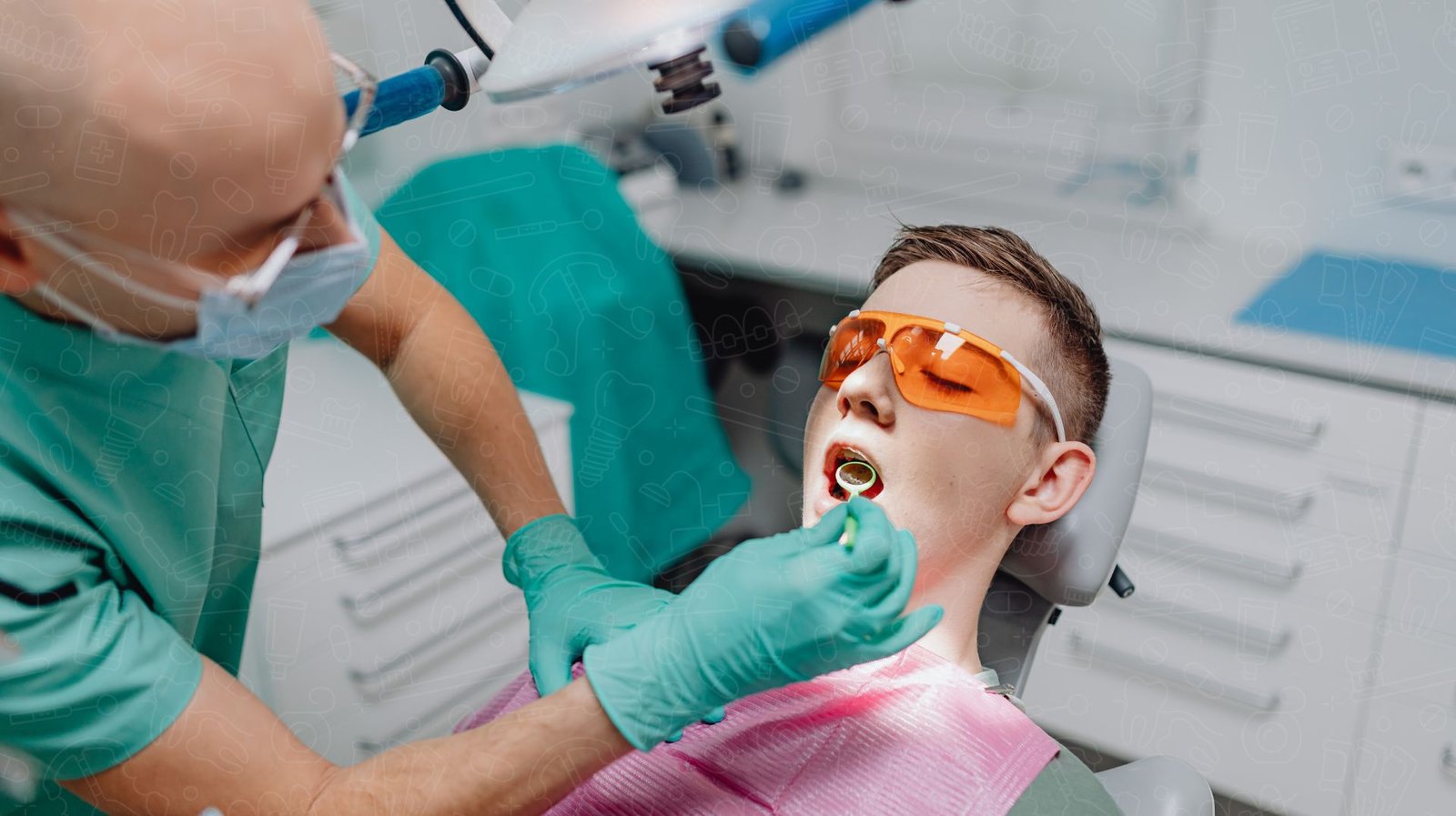Dental Hygiene for Seniors: Tips for Maintaining Oral Health as You Age
Introduction to Dental Hygiene for Seniors:
As we grow older taking care of our oral health becomes more crucial for our overall well-being. Dental hygiene for seniors involves more than brushing and flossing—it entails addressing specific challenges that come with aging to prevent cavities, gum disease and other oral health issues. In this guide we will delve into advice and strategies for older adults to uphold excellent dental hygiene for seniors and maintain a bright smile in the long run.
Understanding Oral Health Challenges Faced by Adults:
Older adults encounter a set of dental hurdles that can impact their oral well-being. Common concerns include cavities, gum disease, dry mouth and oral infections. Aging can also bring about changes in the mouth's structure like receding gums and bone loss which can influence health. Moreover, medical conditions such as diabetes and arthritis along with medications may contribute to health complications among adults.
Daily Routine- Dental Hygiene for Seniors:
Establishing a routine for oral care is vital for older adults, in keeping their teeth and gums healthy. This involves brushing teeth twice a day using fluoride toothpaste and incorporating floss or inter-dental brushes to clean between teeth. Dental hygiene for seniors should also consider using mouthwash to lessen the presence of bacteria and plaque, particularly if they struggle with brushing or flossing.
Caring for Dentures:
Many elderly individuals wear dentures either full sets or partials to replace teeth. Properly maintaining and caring for dentures is essential in preventing health issues like gum irritation and infections. It is important to clean dentures using a denture brush and cleaner storing them in water or a denture solution when not in use. Regular visits to the dentist are crucial for adjustments and check ups to ensure fit and functionality of the dentures as dental hygiene for seniors.
Dealing with Dry Mouth:
Dry mouth, also known as xerostomia is an issue among seniors that can lead to discomfort while eating and speaking well as an increased risk of tooth decay. Seniors should stay hydrated by drinking plenty of water throughout the day. Avoid beverages that can worsen the mouth like caffeine and alcohol. Using sugar gum or lozenges along with saliva substitutes can help relieve symptoms of mouth.
Nutrition for Oral Health:
A balanced diet plays a role in preserving oral health in older adults. Foods rich in vitamins and minerals such as fruits, vegetables, dairy products and lean proteins contribute to teeth and gums. As people grow older it's advisable for them to limit their consumption of acidic foods and drinks since these can lead to tooth decay and erosion. Including calcium foods, in their diet is crucial for keeping teeth and bones strong.
Regular Dental Check ups:
It's important for seniors to make visits to the dentist to keep track of their health and address any problems early on. Seniors should aim to schedule check ups and cleanings every six months or as advised by their provider. During these visits the dentist will conduct an examination, clean teeth and gums. Offer personalized advice on maintaining oral health.
Tips for Dental Hygiene for Seniors:
Seniors with limitations or cognitive challenges may encounter obstacles in maintaining good oral hygiene. Caregivers can assist with brushing and flossing while providing tools and techniques that cater to needs. Dental professionals can also offer guidance tailored to seniors with requirements ensuring they receive oral care.
Hydration and Dental Hygiene for Seniors in Nursing Homes:
Seniors residing in nursing homes may need help, in upholding oral hygiene practices. Caregivers and nursing home staff should prioritize care by assisting residents with brushing, flossing and denture maintenance as necessary. Staying hydrated is important, for individuals residing in nursing facilities as drinking fluids can help prevent dry mouth and support overall oral health.
In summary:
It's crucial for seniors to prioritize hygiene to maintain a healthy smile and well-being as they grow older. By sticking to an oral care routine addressing age related oral health challenges and scheduling routine dental check ups seniors can keep their teeth intact, avoid dental issues and have a confident smile, for many years. With care and attention maintaining hygiene for seniors is easily achievable ensuring a lifetime of oral health and happiness.
